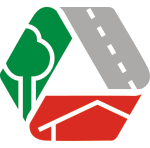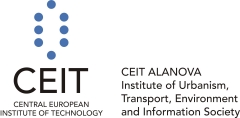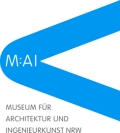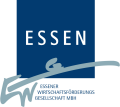
|

|

|
|
|
Changes and diversification are ubiquitous in cities and regions. Urban development is not a one-way street leading towards an ideal end. Changes of the framework – like revival or crisis of economic sectors, the change of social ideals or ecologically driven challenges – demand the adaptation of the system of aims and development strategies. Also changes of the infrastructure and targeted interventions of planning (lighthouse projects, major events, …) lead towards elementary changes of the dynamics and trends of development. Permanent change takes place – often as continuous, evolutionary development, but sometimes also with huge, dramatic turning points. The matter of “change as requirement for stability of cities and regions” is the core topic of REAL CORP 2011. How can planning deal with “lifecycles of cities and regions”? Special attention is be paid to the technical possibilities of confronting and forming the changes: planning processes and instruments as well as urban, environmental, transport and communication technologies. Some of the topics on which we received your interesting contributions are:
|
 |
  |
 |
||||||
 |
 |
 |
 |
|||||
 |
 |
 |
||||||
 |
 |
 |
 |
 |
||||
 |
 |
 |
 |
 |
||||

